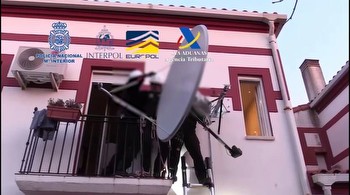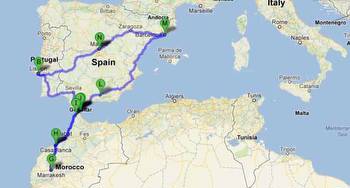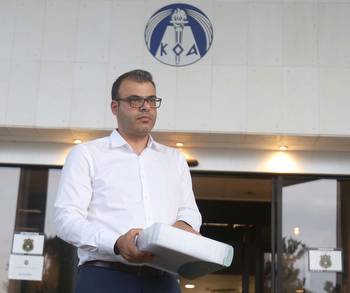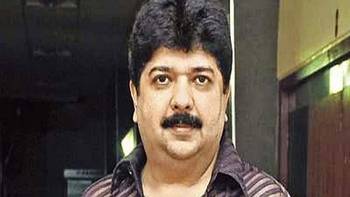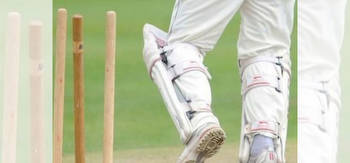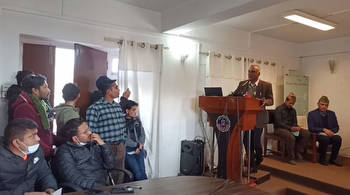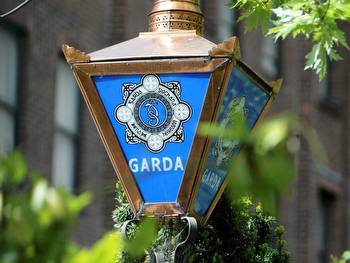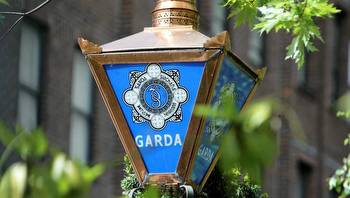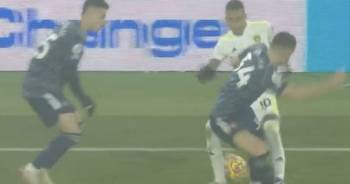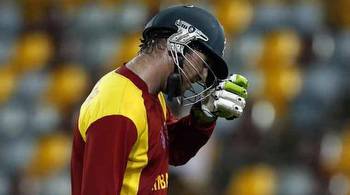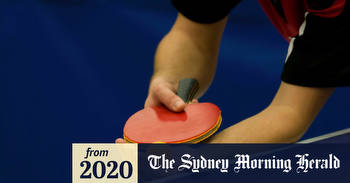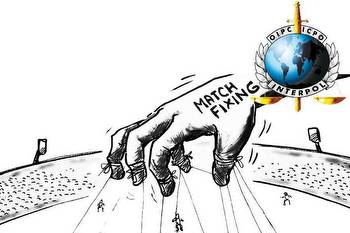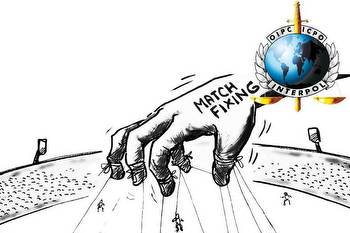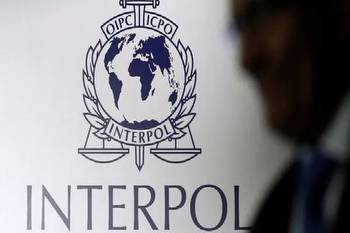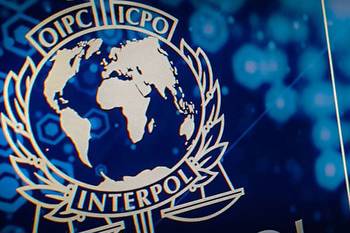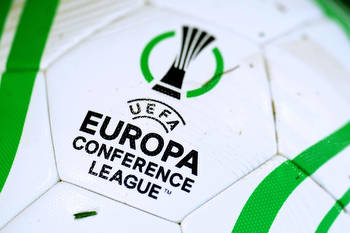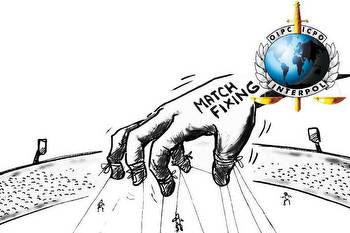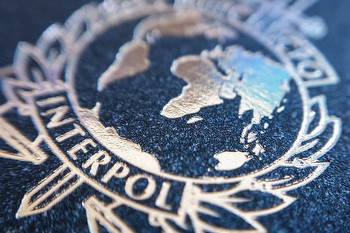Man in his 20s arrested as part of on-going investigation into match fixing in League of Ireland
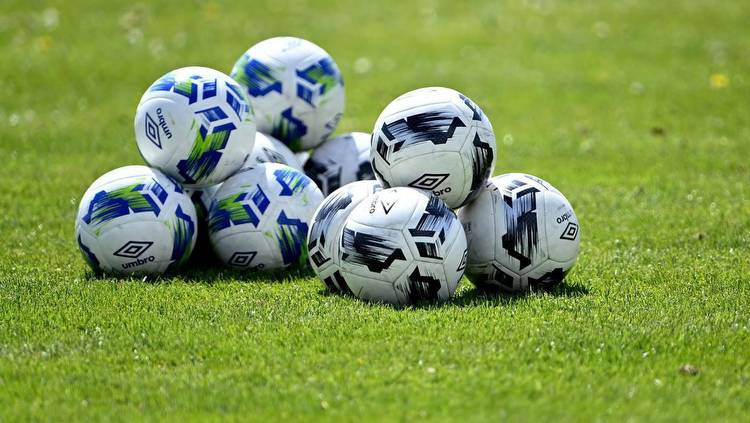
A man has been arrested as part of an on-going investigation into alleged match fixing in the League of Ireland.
s part of Operation Brookweed, the man, aged in his 20s, was arrested for the offence of Conspiracy to Defraud and is currently detained under Section 4 of the Criminal Justice Act 1984 at a Garda station in the Southern Region.
Fifteen suspects have now been arrested by specialist gardaí upon completion of a four-year criminal investigation into League of Ireland match-fixing.
The Sunday Independent revealed at trhe weekend that officers attached to the Anti-Corruption Unit in the Garda National Economic Crime Bureau (GNECB) have now finished their “prolonged investigation” into the alleged match-fixing scandal that rocked the domestic game.
An “extensive” garda file is now due to be sent to the Director of Public Prosecutions (DPP), who will decide whether any of those arrested should face criminal charges.
Last May, gardaí announced they had made 10 arrests as part of the high-profile probe. It is understood that since then, investigators made a further five arrests.
A high-profile League of Ireland footballer, a manager and a player who also holds a role within the Football Association of Ireland (FAI) were among the 10 men arrested.
The 10 — eight in Limerick, one in Cork and one in Dublin, aged from their 20s to their 60s — were taken into custody on suspicion of conspiracy to defraud. All were later released without charge.
Among the 10 suspects were current and former players, as well as individuals not involved in the game. They allegedly operated together to manipulate matches and place corresponding bets.
It is understood that the five follow-up arrests in more recent months included retired players and others previously involved in the sport.
All five were also released without charge.
The investigation was launched in 2019 after the FAI and Uefa, which represents the national football associations of Europe, submitted reports to gardaí regarding possible match-fixing in two games involving Limerick FC in 2019.
One of the men arrested in May is a well-known League of Ireland footballer who plays for one of its most successful clubs. Another is a manager of a team in a lower league.
A further suspect works for the FAI in a development role.
When contacted at the time, a spokesperson for the association said: “The FAI and Uefa operate a zero-tolerance policy towards match-fixing, and the heaviest punishment possible will be served on anyone found guilty of match-fixing in the current investigation.
“The FAI and Uefa first alerted gardaí to the current incident back in 2019 and have co-operated fully with the garda investigations.”
The spokesperson said all clubs must organise a presentation that outlines the law in relation to match-fixing.
“It outlines the FAI regulations regarding betting and gambling, the context of betting within football — both international and domestic — and the law relating to match-fixing.
“The presentation also studies case histories and suspensions, and provides information and advice on confidential reporting platforms and phone numbers for any player with concerns who wishes to contact the FAI, Uefa or Fifa.”
The garda investigation into alleged match-fixing at League of Ireland matches involves a “number of games” that date back as far as 2016.
The investigation focused on matches involving Limerick FC, and several of those arrested had connections to that side.
Gardaí are satisfied the alleged betting scam is not linked to wider organised criminal gangs.
The statements taken from the 15 men have been examined, cross-checked and analysed against evidence already gathered, including phone and financial records.
Gardaí had examined unusual betting patterns in a number of matches where they suspected deliberate fouls were committed. Teams losing certain games by a certain number of goals was also examined.
Another factor noticed was that large numbers of home fans in one part of the country were successfully betting against their own team.

